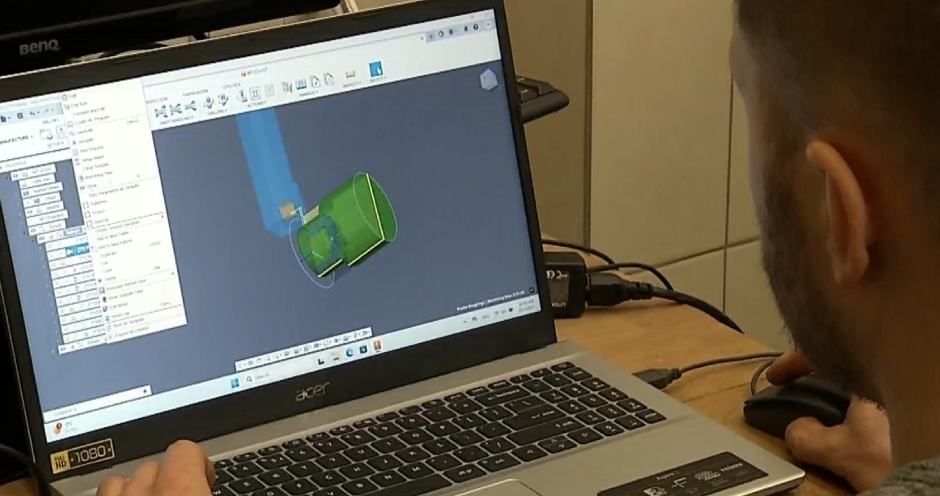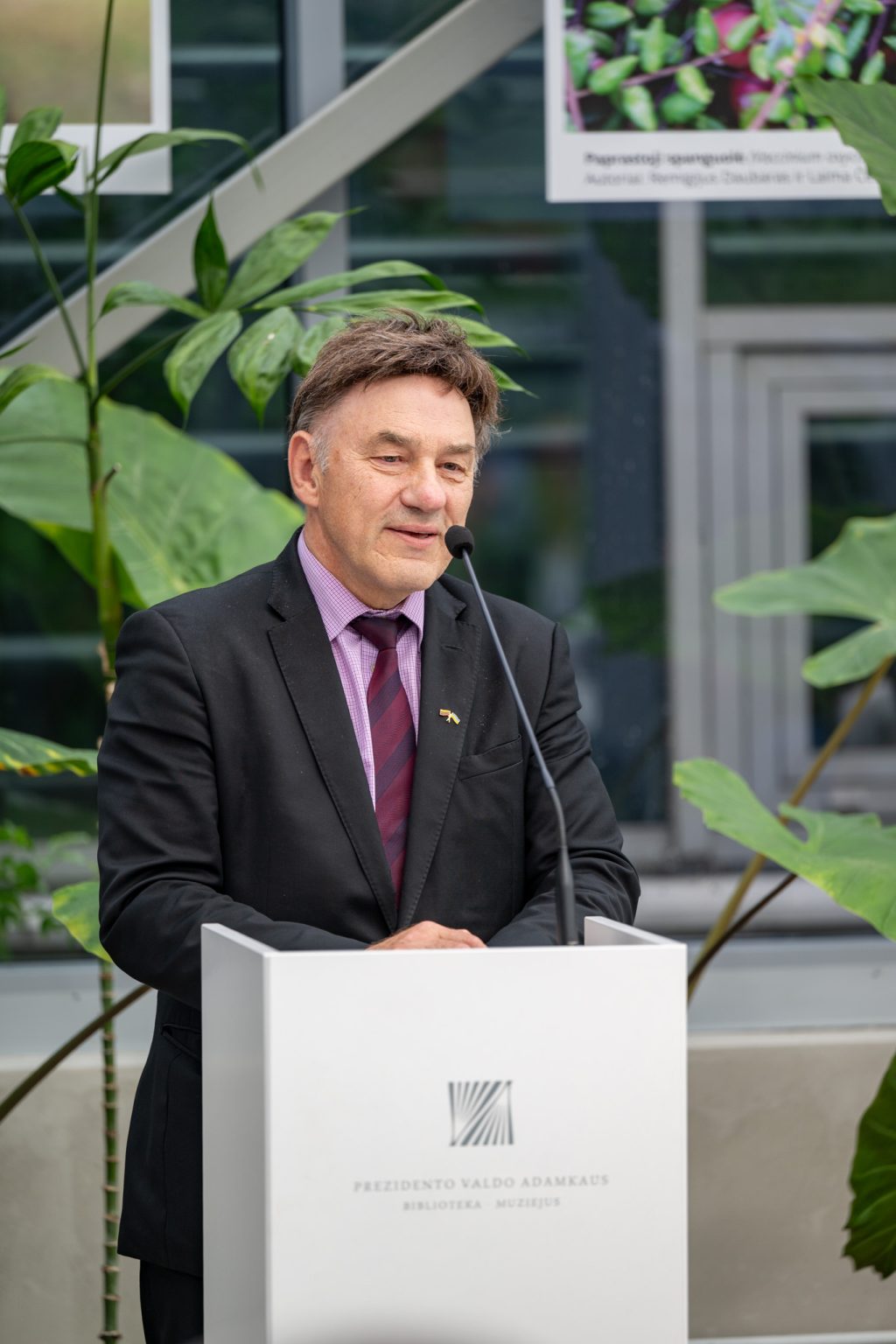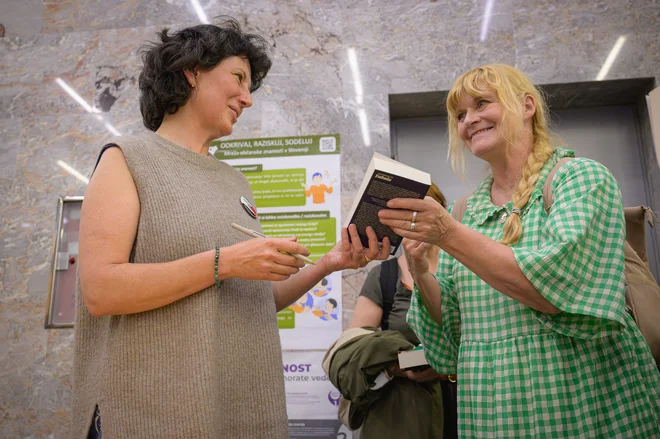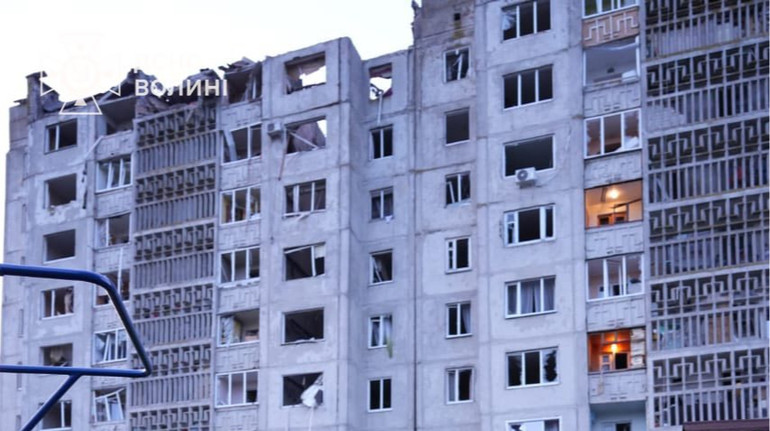Revealed what specialties are increasingly popular in Lithuania

It is never too late to change the profession. Stanislav Markovich has previously worked in construction, interior decoration, and is now seeking to become a programmable machine operator.
“Work is fun and really lighter than in construction. Besides, I see a perspective in it, ”Markovich said.
« I know for sure that I will have – I have already agreed on the workplace, » he added.
Everything can be made from a shaving knife stalk to sophisticated industrial products.
“Employers usually choose not after graduation, but only after learning. They are invited to practice or learn how to apprenticeship and gain a profession already with a job. Many graduates already have a job offer, ”explained Mindaugas Černius, head of the Vilnius Technology and Engineering Training Center.
LNK stop shot.
According to profession teachers, people of all ages and professions want to retrain and work with complex machines.
“Both girls and women who used to work as tailors come. We have a student who previously worked at the bank and wants to retrain. Even people of retirement age are determined to study-our oldest student was 64 years old, ”said Julius Juliusiauskas, a senior vocational teacher.
All engineering specialties are rapidly gaining popularity – there is no shortage of work in this field and salaries are competitive. It is also disappearing the myth that this is the profession of « dirty ».
Currently, metal machine tool operators, installations of heating, ventilation and air conditioning systems are in high demand, but our most popular specialty is electricians.
“Currently, metal machine tool operators, installers of heating, ventilation and air conditioning systems are extremely in demand, but our most popular specialty is electricians. They learn to install, maintain and install electrical systems in various buildings, ”said M. Chernius.
The Employment Service confirms that the engineering professions are currently the most demanding in Lithuania, but other professionals are lacking in the labor market.
“In the context of aging society, there is a great lack of medical, nurses and nurses. There are also lack of teachers and specialists working with children with special needs, ”said Inga Balnanosienė, Director of the Employment Service.
Henrik Umbrasevicius, who graduated from Tourism Management almost a decade ago, has previously worked in the logistics sector, but has now been learning to program for half a year.
“Programming is a fun job that makes you think a lot. Of course, salary is one of the main motives why I chose this specialty, ”said Umbrasevicius.
Full LNK Report – In Video:
The historian has worked at the bank for a long time by education, but realized that changing work would be difficult with the profession, so he turned to programming.
“It is not very difficult because I have worked with numbers and systems at the bank, I know how things are going. This was not a complete news – just need logic: if A is equal to someone, it can't be equal to someone else, ”Tatol explained.
There was never a shortage of those who wanted to retrain to programmers or software testers. Also, age is not an obstacle.
“We have learners for over 40 and 50 years. I admire people who are determined to learn and are doing well. They are certainly not inferior to those who come to school or university for retraining, ”said Justina Balsė, Head of Information Technology.
However, the head of the Employment Service points out that programming is no longer guaranteed to high salaries.
« Average qualification programmers or computer testers are already falling out of the top ten professions, as robots and artificial intelligence are increasingly established on the market, » explained I. Balnanosiene.
Last year, the profession was replaced by nearly 20 thousand. people – one third more than last year.








